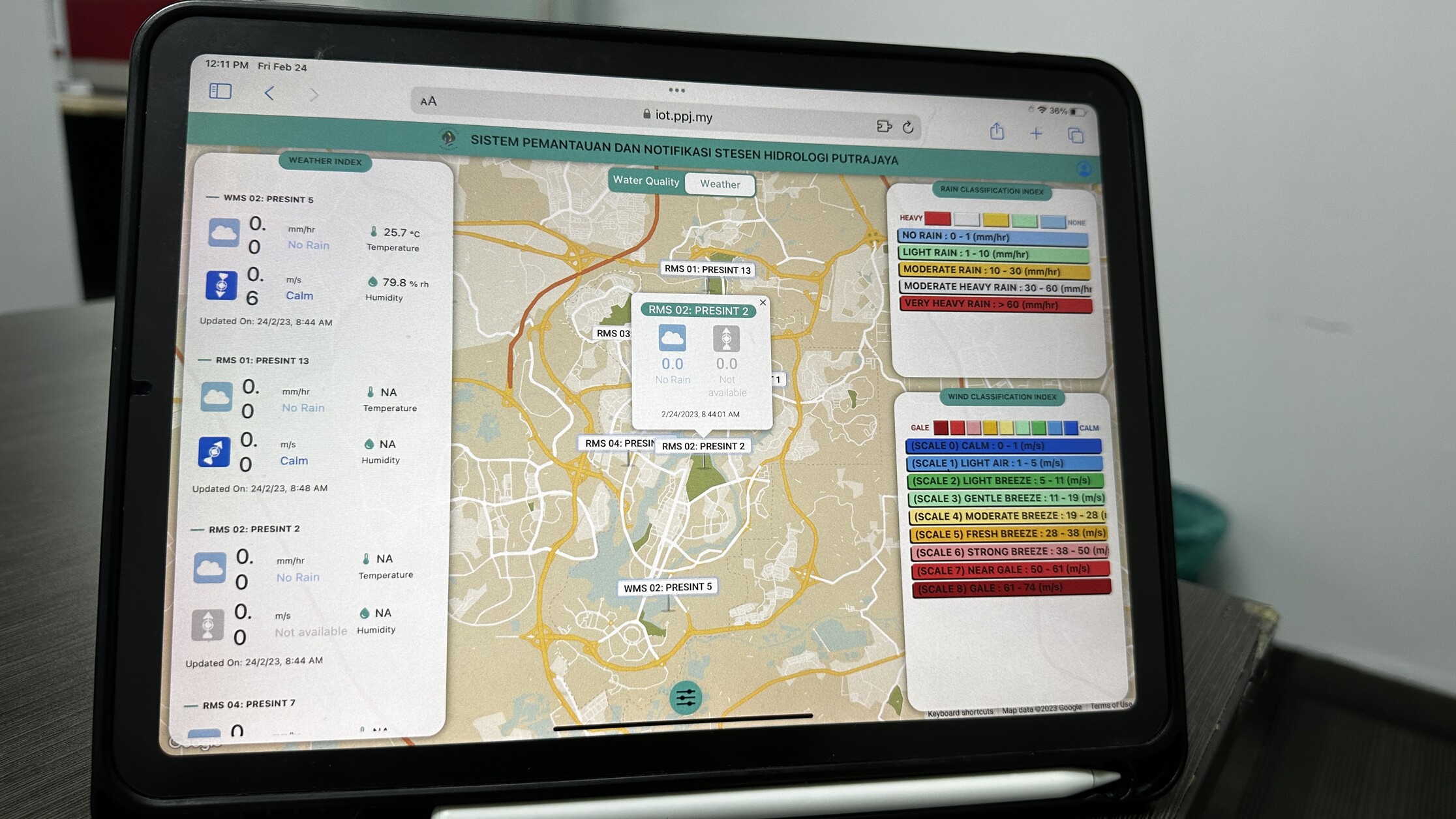The Malaysian government’s vision of transforming the federal territories into smart cities by 2030 is an ambitious and commendable goal. This vision is geared towards creating sustainable and green cities while enhancing the quality of life for citizens. One of the essential steps toward realizing this vision is using the Internet of Things (IoT) technology. In this blog post, we will discuss the role of IoT in creating smart cities in Malaysia and the benefits of implementing a smart city dashboard.
The role of IoT in creating smart cities in Malaysia
IoT technology has the potential to revolutionize the way cities function. The IoT allows various devices and sensors to connect and communicate with one another, providing valuable insights that can help optimize city operations. The Malaysian government can leverage the power of IoT by implementing a comprehensive IoT platform that includes data management, device management, and application enablement.
The benefits of implementing a smart city dashboard
One of the most exciting features of the IoT platform (such as FAVORIOT IoT Platform) is the smart city dashboard (Read: Perbadanan Putrajaya partners with Favoriot, adopts a Smart City IoT Platform to create new and innovative Smart City solutions).
The smart city dashboard provides a user-friendly interface that displays real-time data about various aspects of the city. This dashboard can help the government make data-driven decisions and track the performance of various smart city initiatives. By having access to all the critical information they need about traffic, air quality, energy consumption, and waste management from one central location, the government can quickly identify inefficiencies, optimize various systems, and allocate resources more effectively.

Real-time traffic data
The smart city dashboard can provide real-time traffic data, such as the number of vehicles on the road, traffic congestion levels, and average speed. This information can be used to optimize traffic management and improve traffic flow in the city. By having access to this real-time traffic data, the government can make informed decisions about traffic management, which can help reduce traffic congestion and improve the quality of life for citizens.
Real-time air quality data
The dashboard can also show real-time air quality data, which can be used to monitor pollution levels and take necessary action to reduce pollution. By accessing this real-time air quality data, the government can identify areas with high levels of pollution and take steps to reduce pollution in those areas. This can help improve the quality of life for citizens and create a cleaner, more sustainable city.
Real-time energy consumption data
Similarly, the dashboard can show real-time energy consumption data, which can be used to optimize energy usage and reduce wastage. By accessing this real-time energy consumption data, the government can identify areas of high energy consumption and take steps to reduce energy usage in those areas. This can help reduce the city’s carbon footprint and create a more sustainable, green city.
The benefits of creating smart cities
Implementing innovative city solutions can help reduce traffic congestion, improve air quality, and increase energy efficiency. These benefits can help improve the quality of life for citizens, attract investment, and create job opportunities in the technology sector. Implementing a smart city dashboard can also help increase transparency and build trust among citizens. The government can demonstrate its commitment to creating a more sustainable and livable city by providing citizens with real-time data.
Conclusion
The Malaysian government’s vision of creating smart cities is an ambitious and commendable goal. Using IoT technology and implementing a smart city dashboard is crucial to realizing this vision. The government can make better-informed decisions, improve efficiency, increase transparency, and build trust among citizens by having access to real-time data. The benefits of creating smart cities are far-reaching and can help Malaysia achieve its broader economic and social goals. Implementing smart city solutions can help reduce traffic congestion, improve air quality, and increase energy efficiency. This can help improve the quality of life for citizens, attract investment, and create job opportunities in the technology sector.
SOURCE: https://www.linkedin.com/pulse/creating-sustainable-livable-cities-how-iot-smart-city-dashboards/








